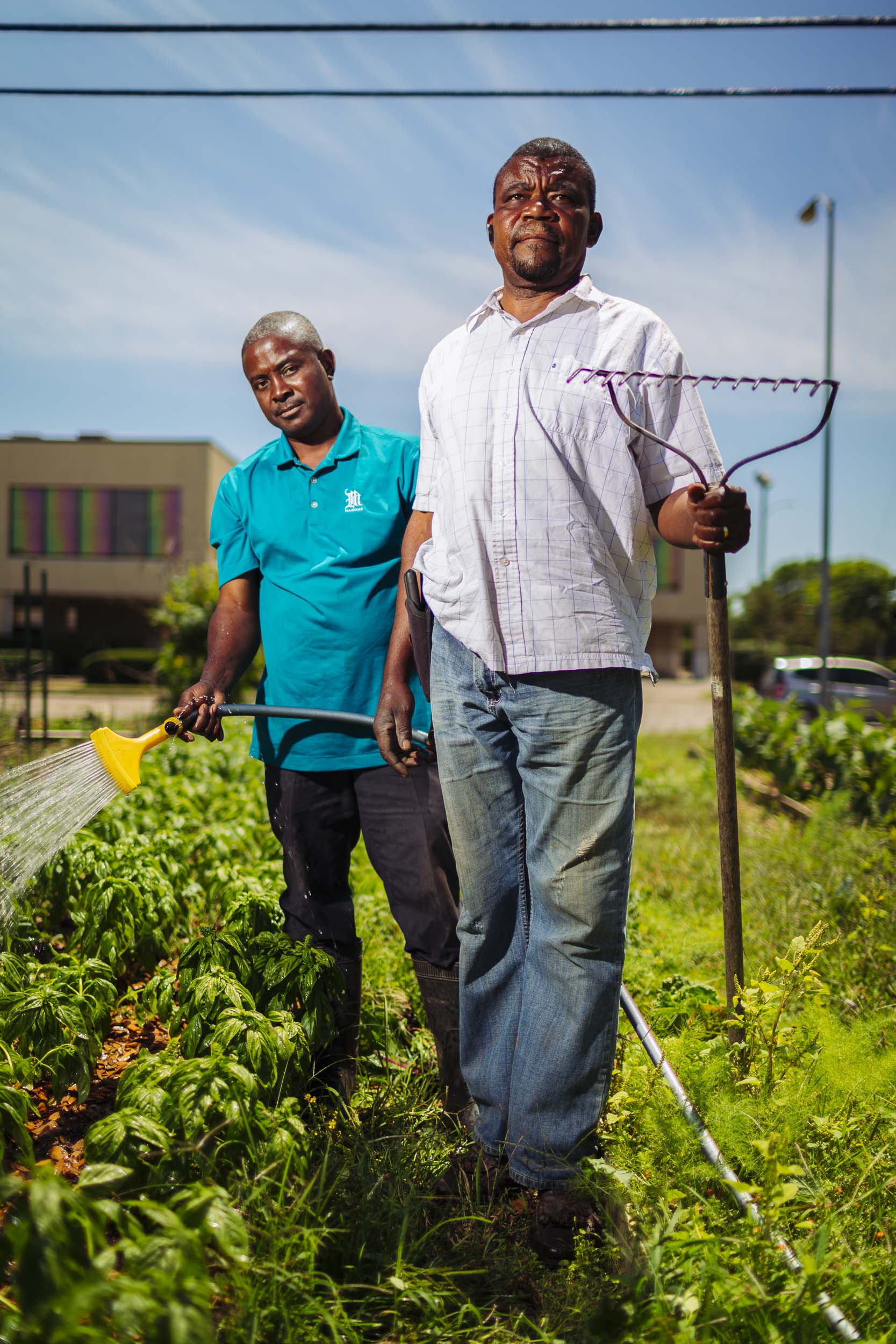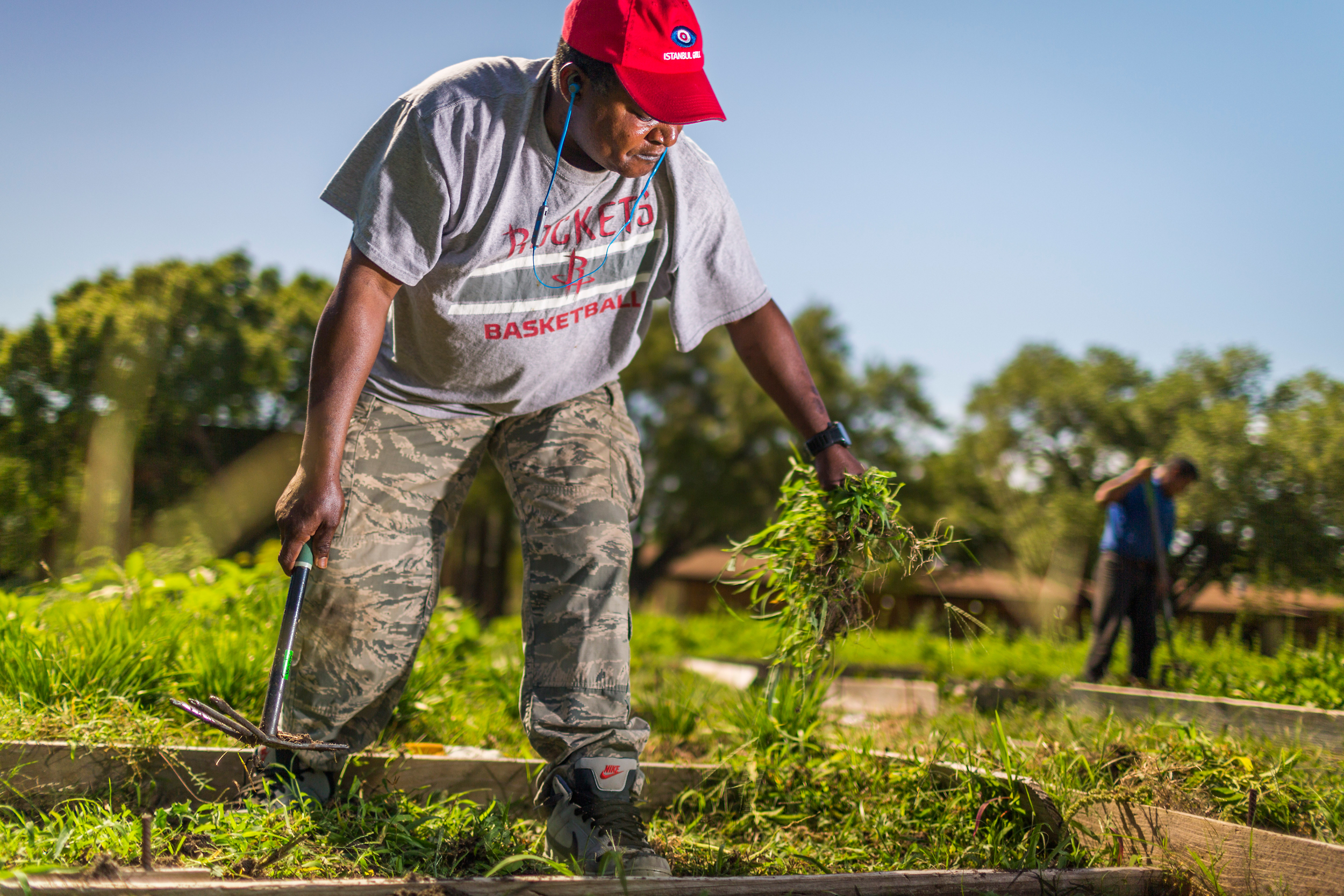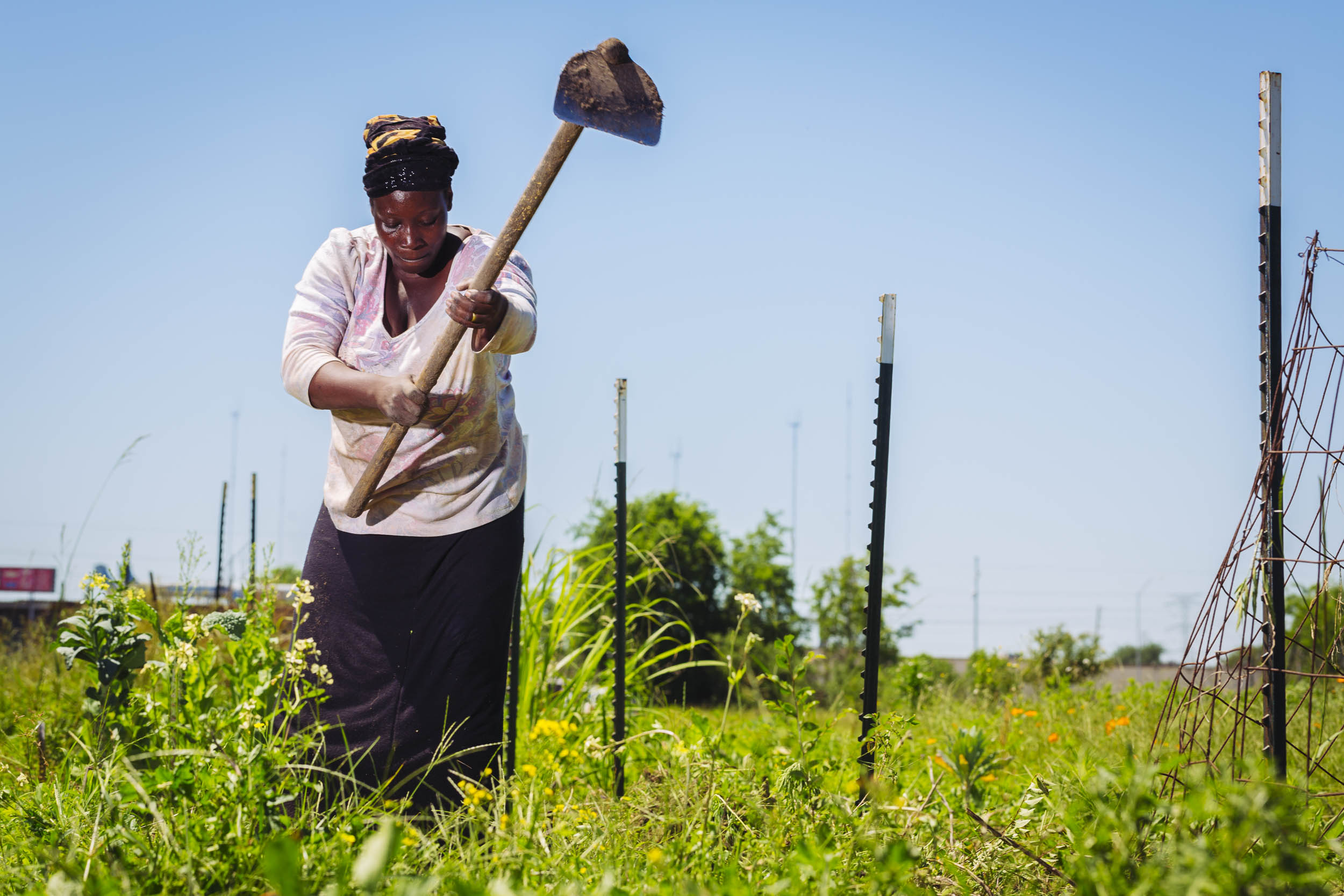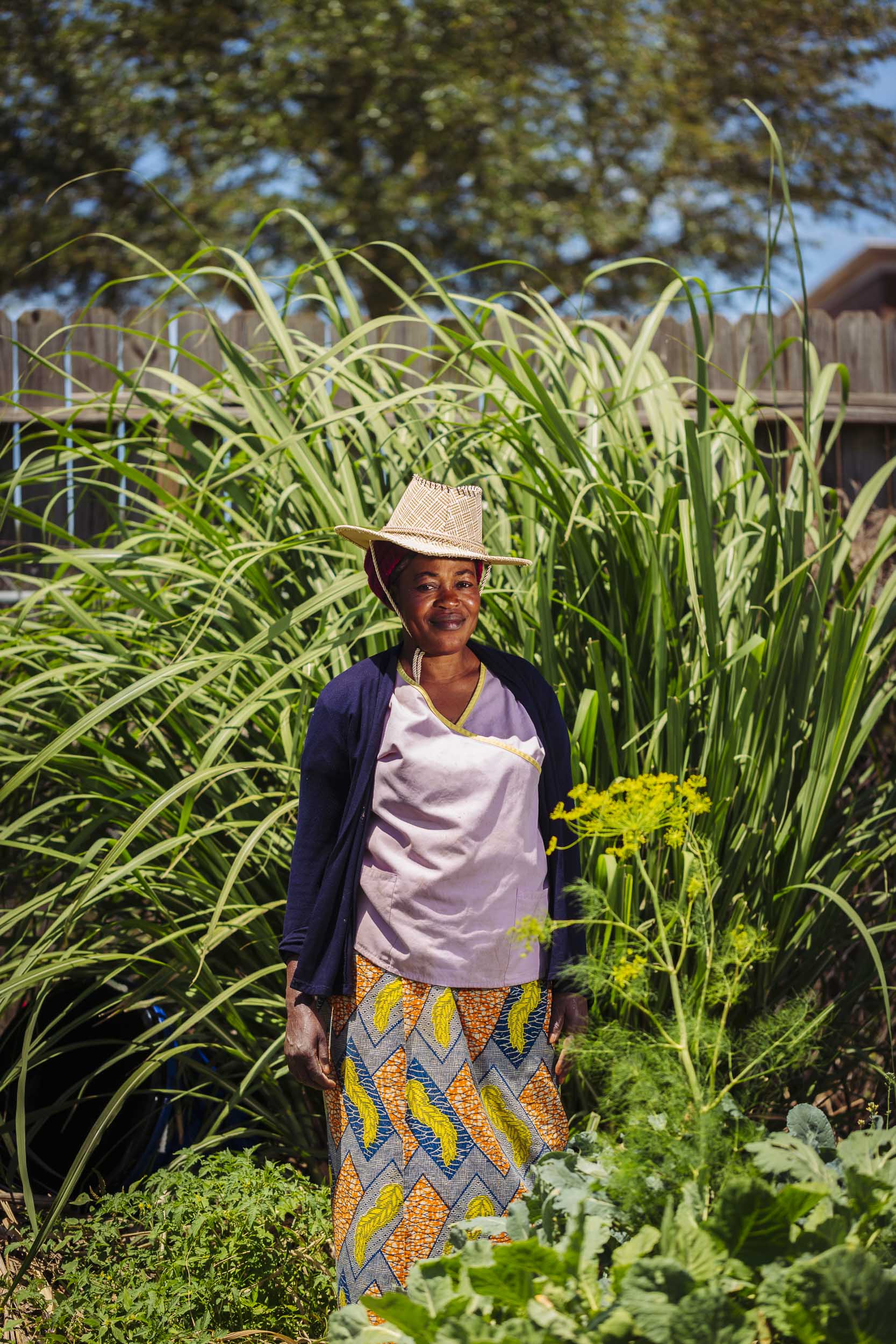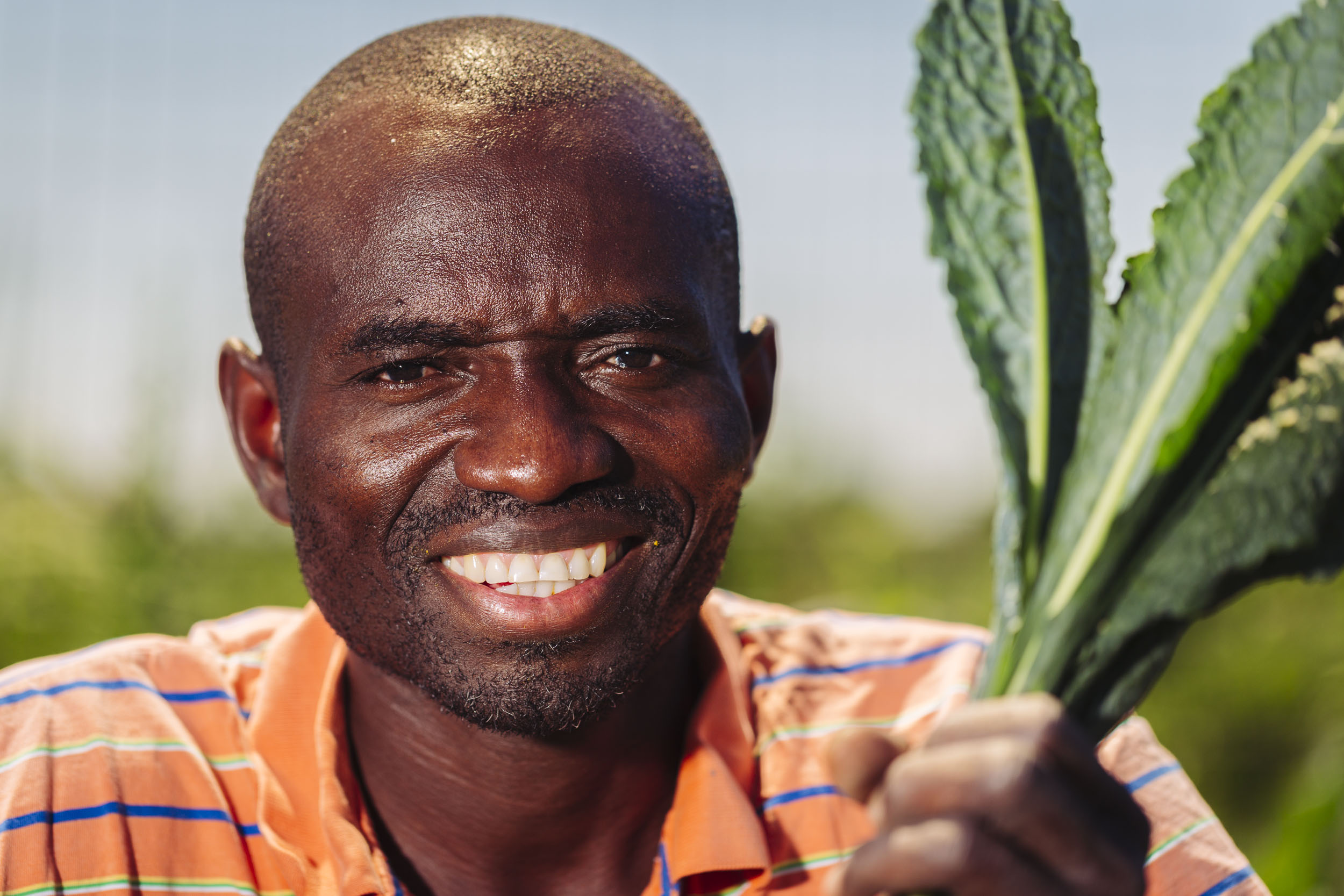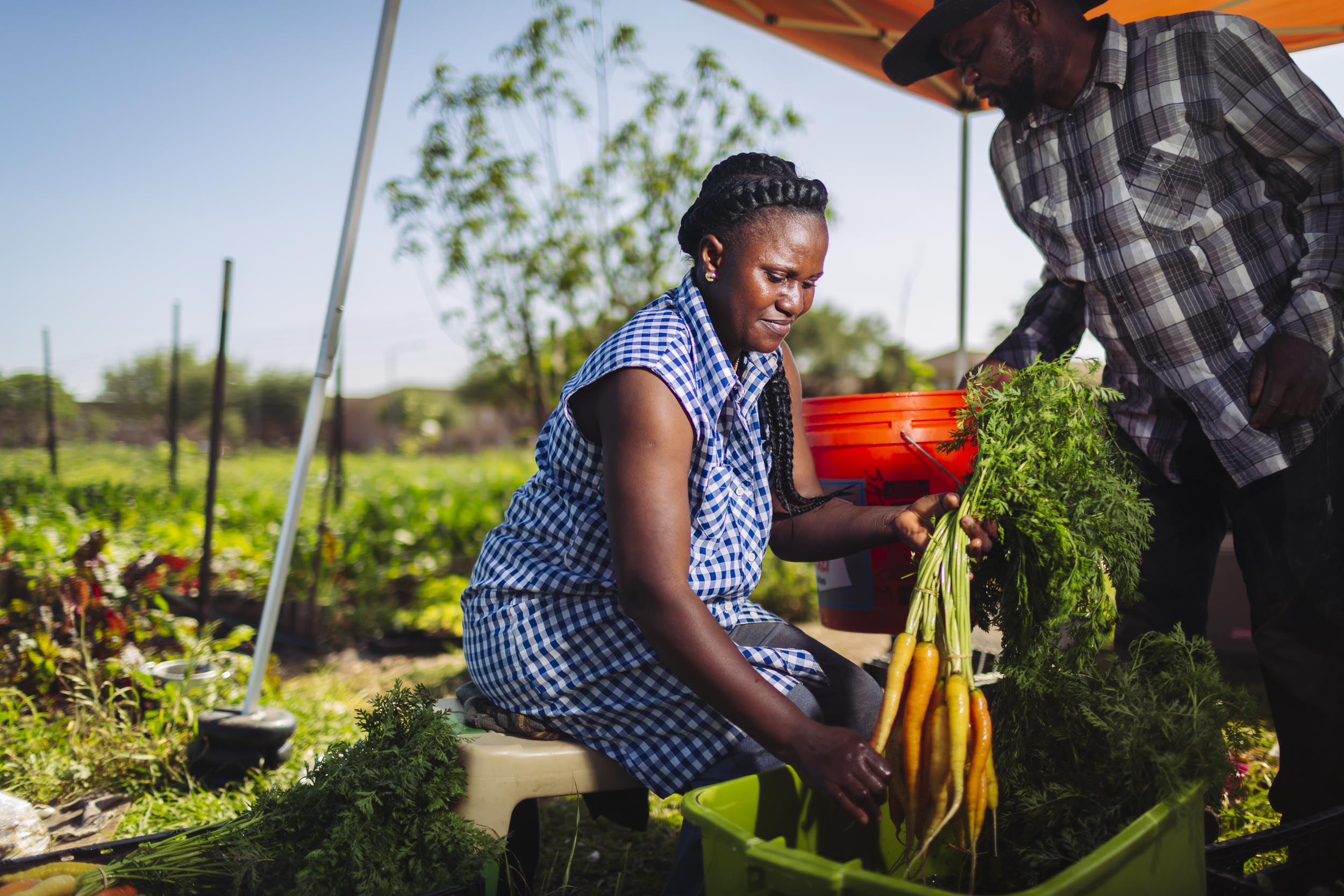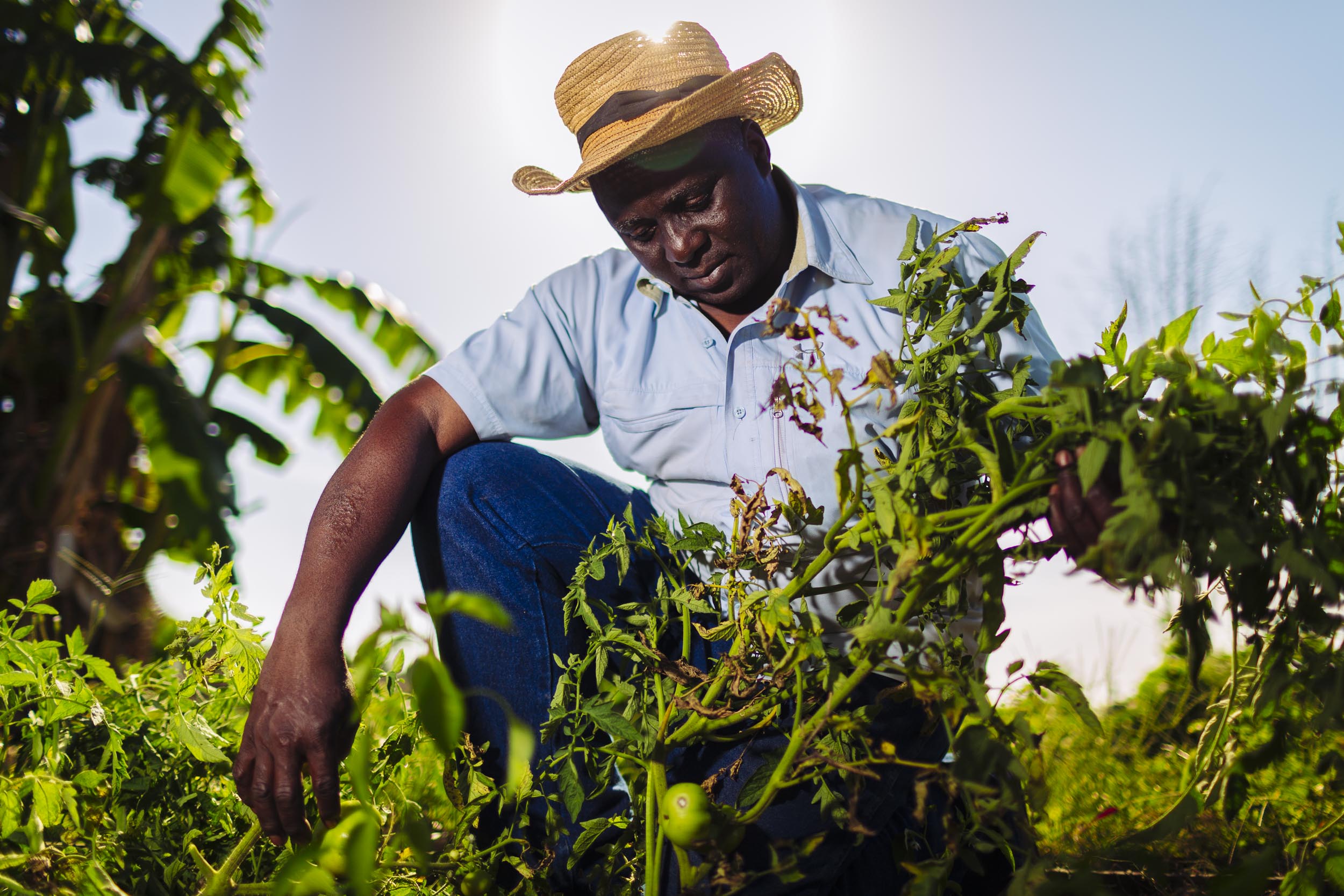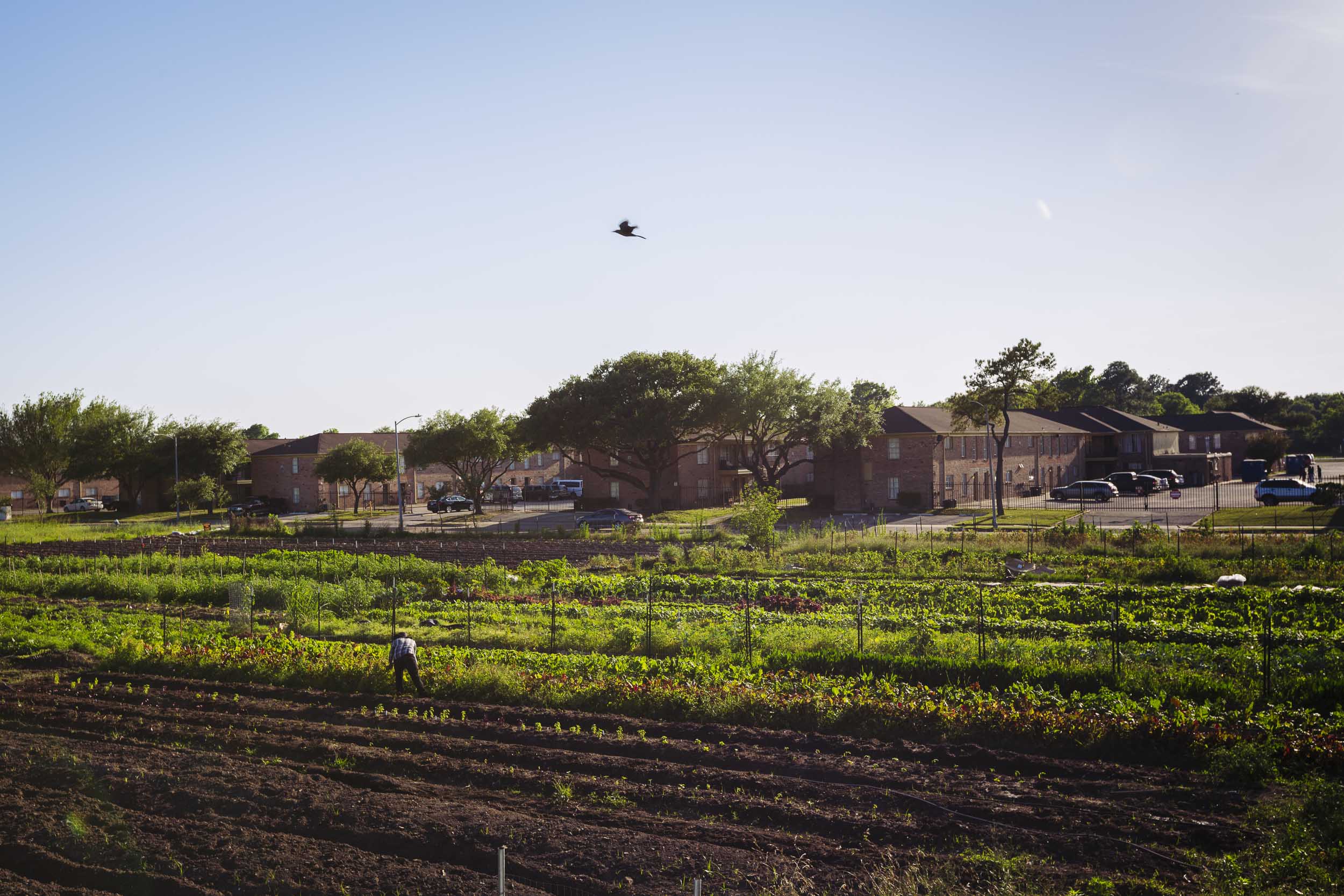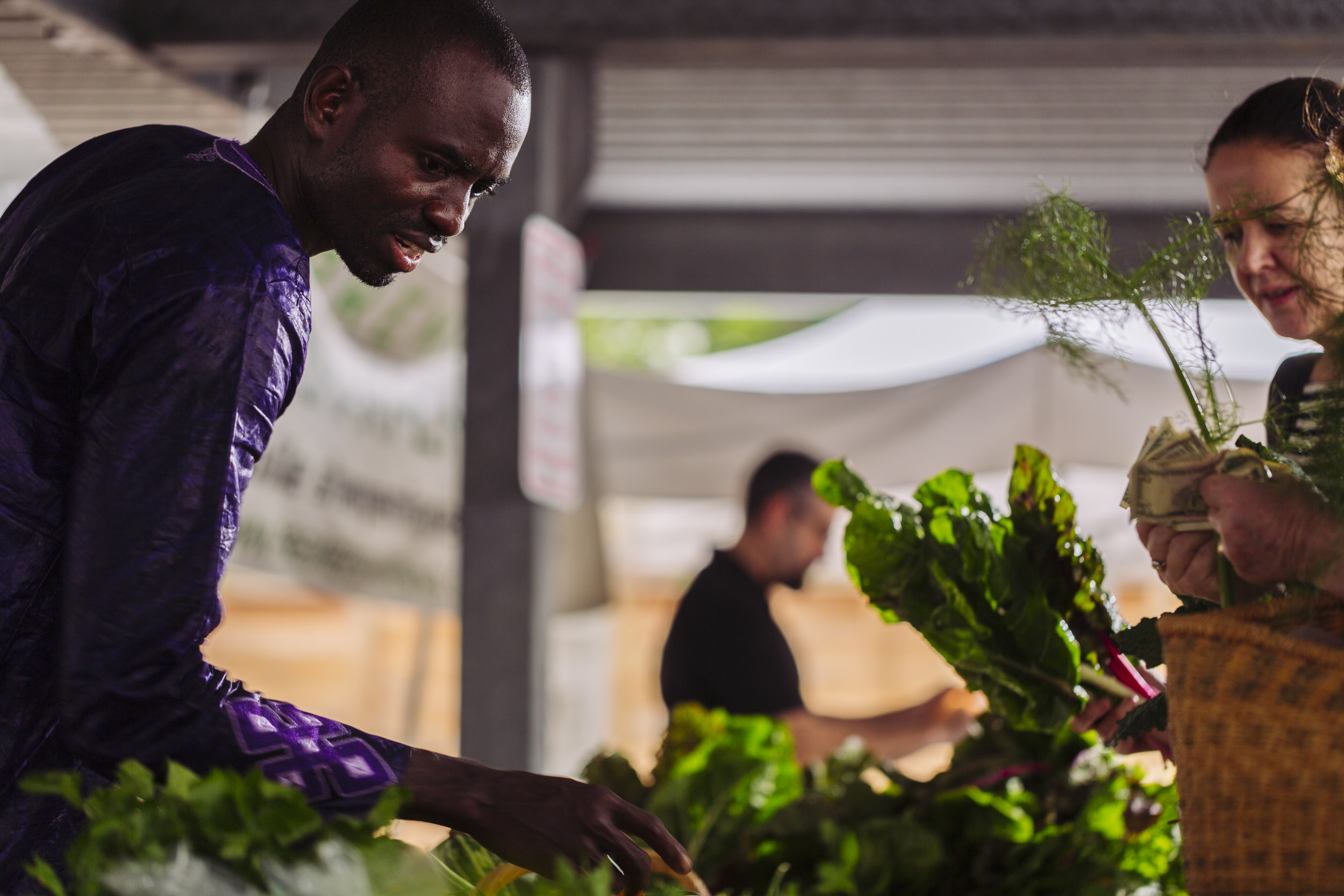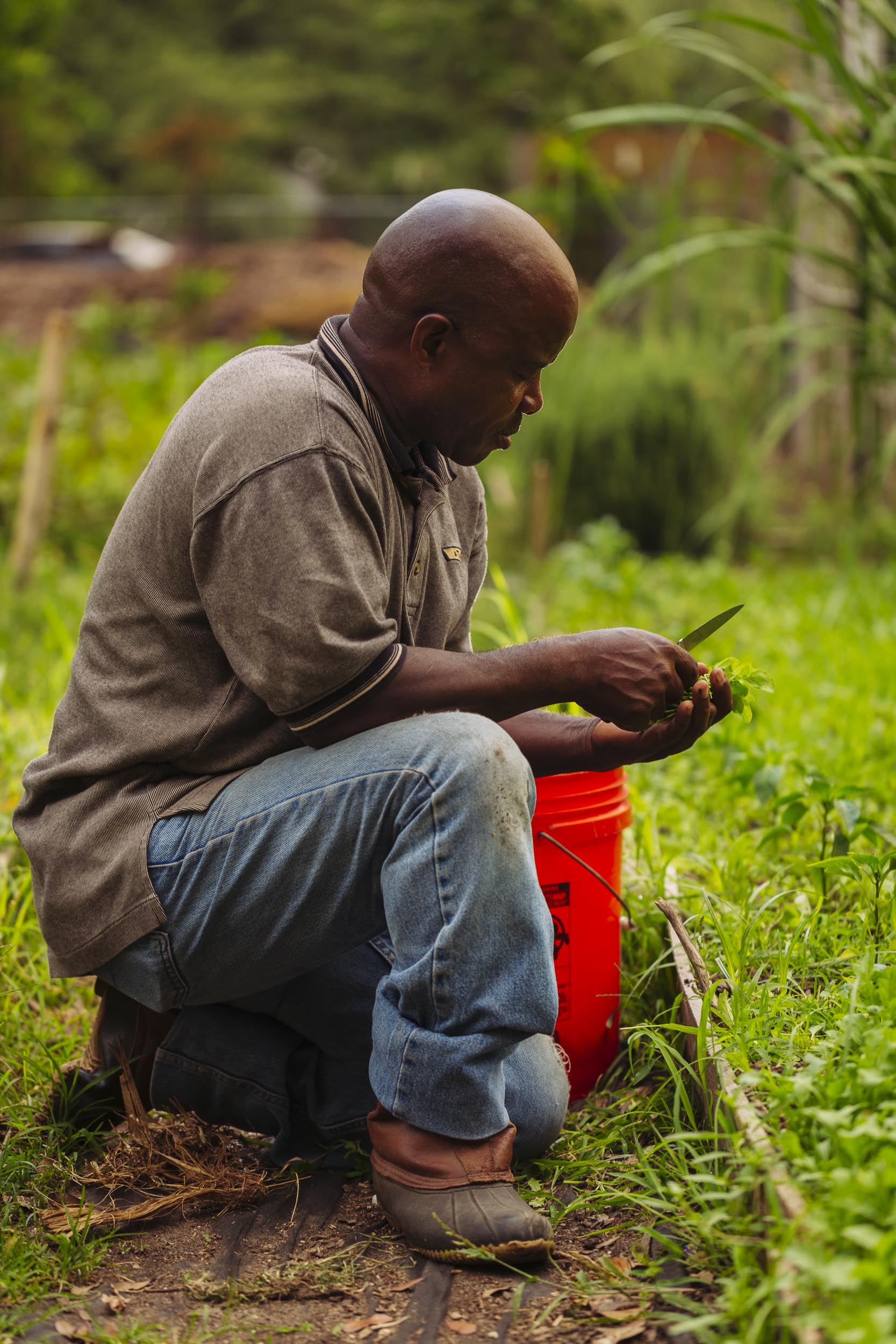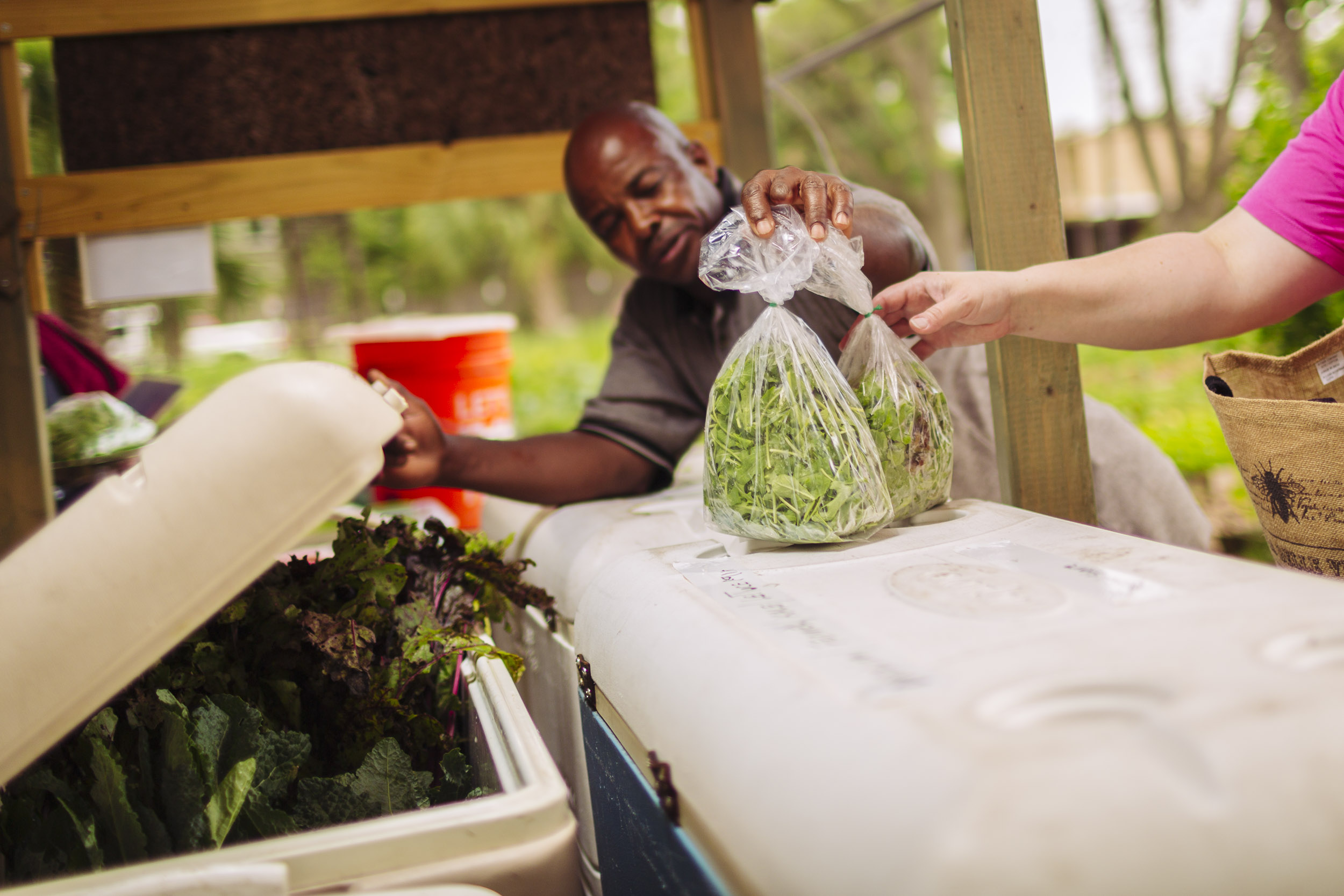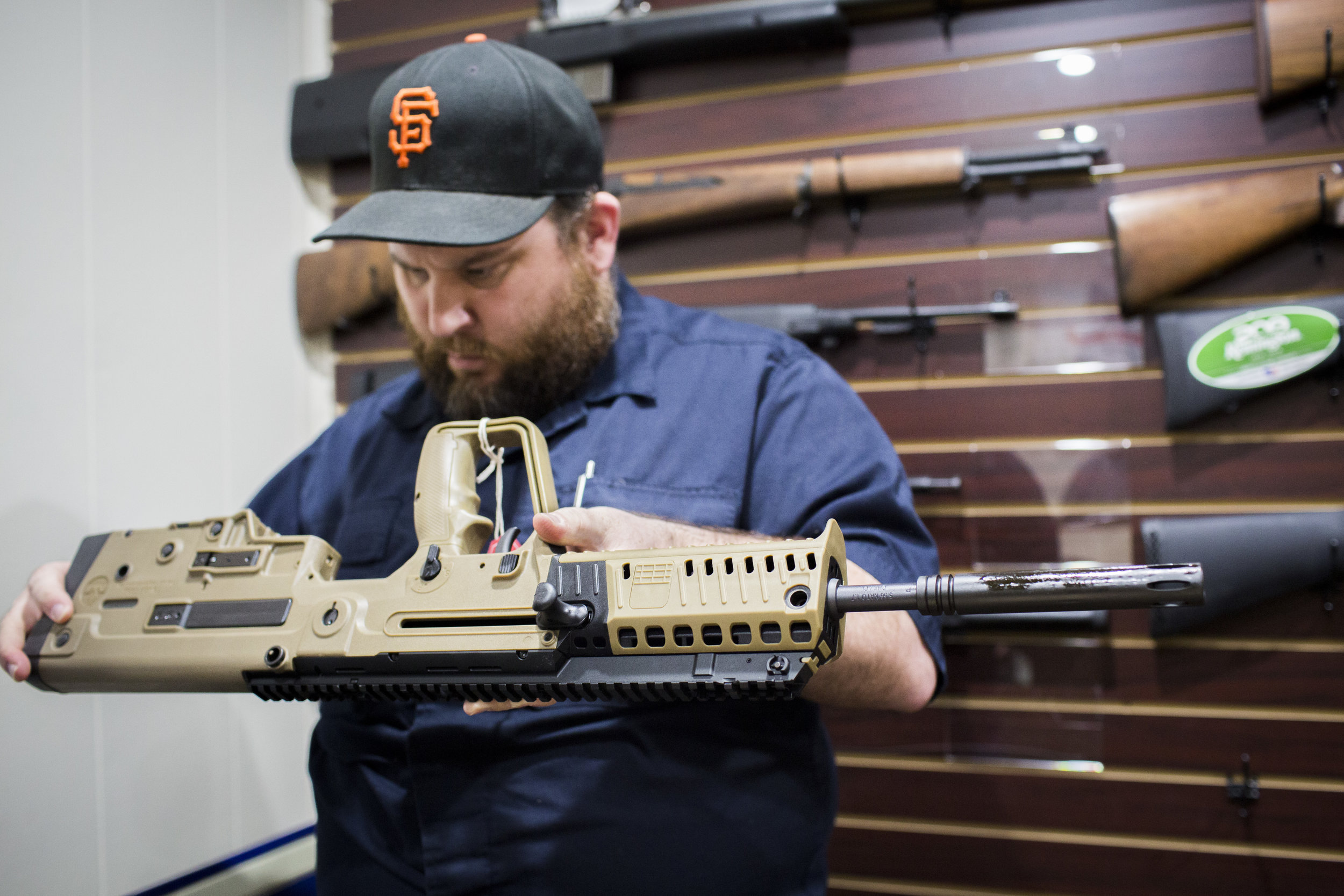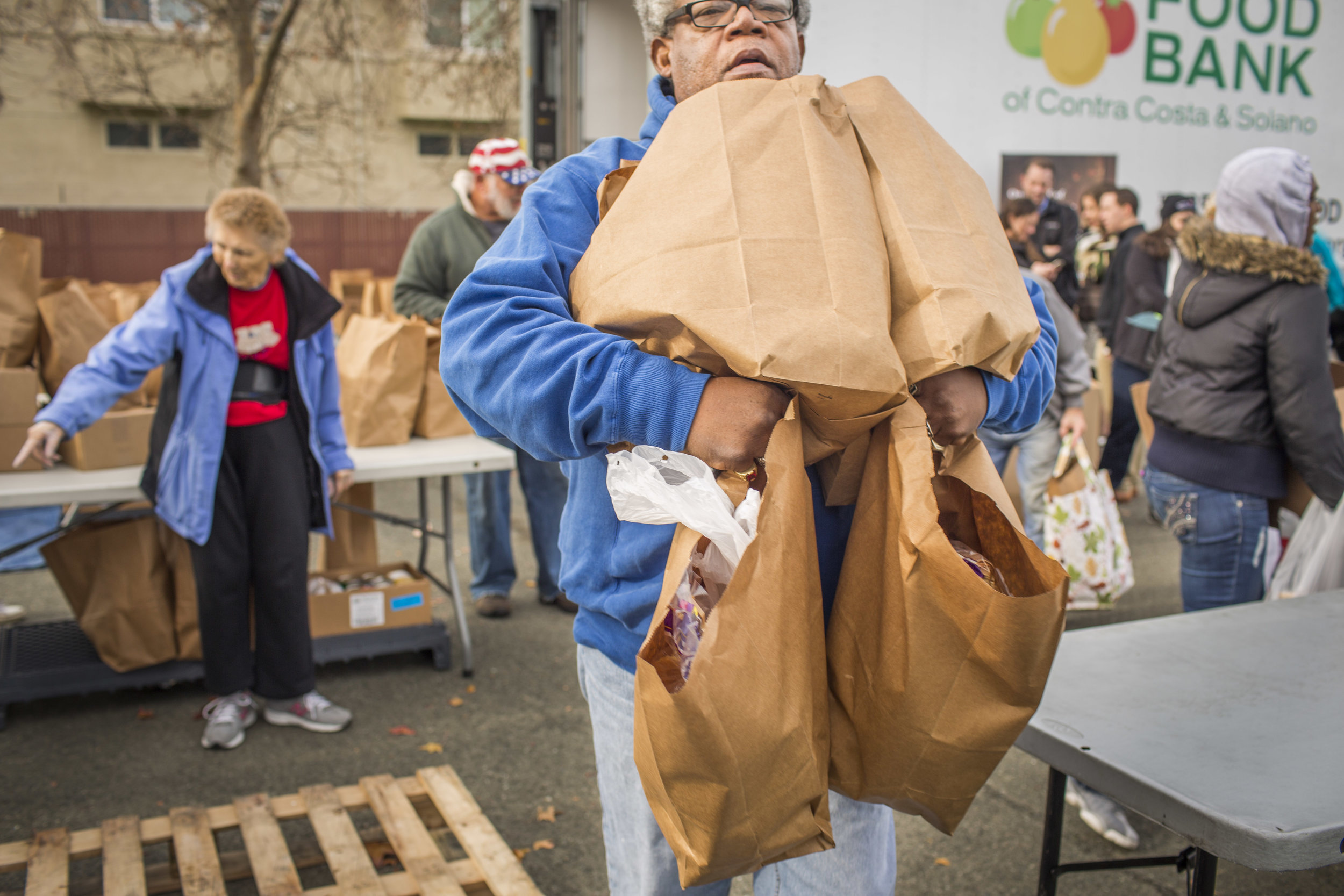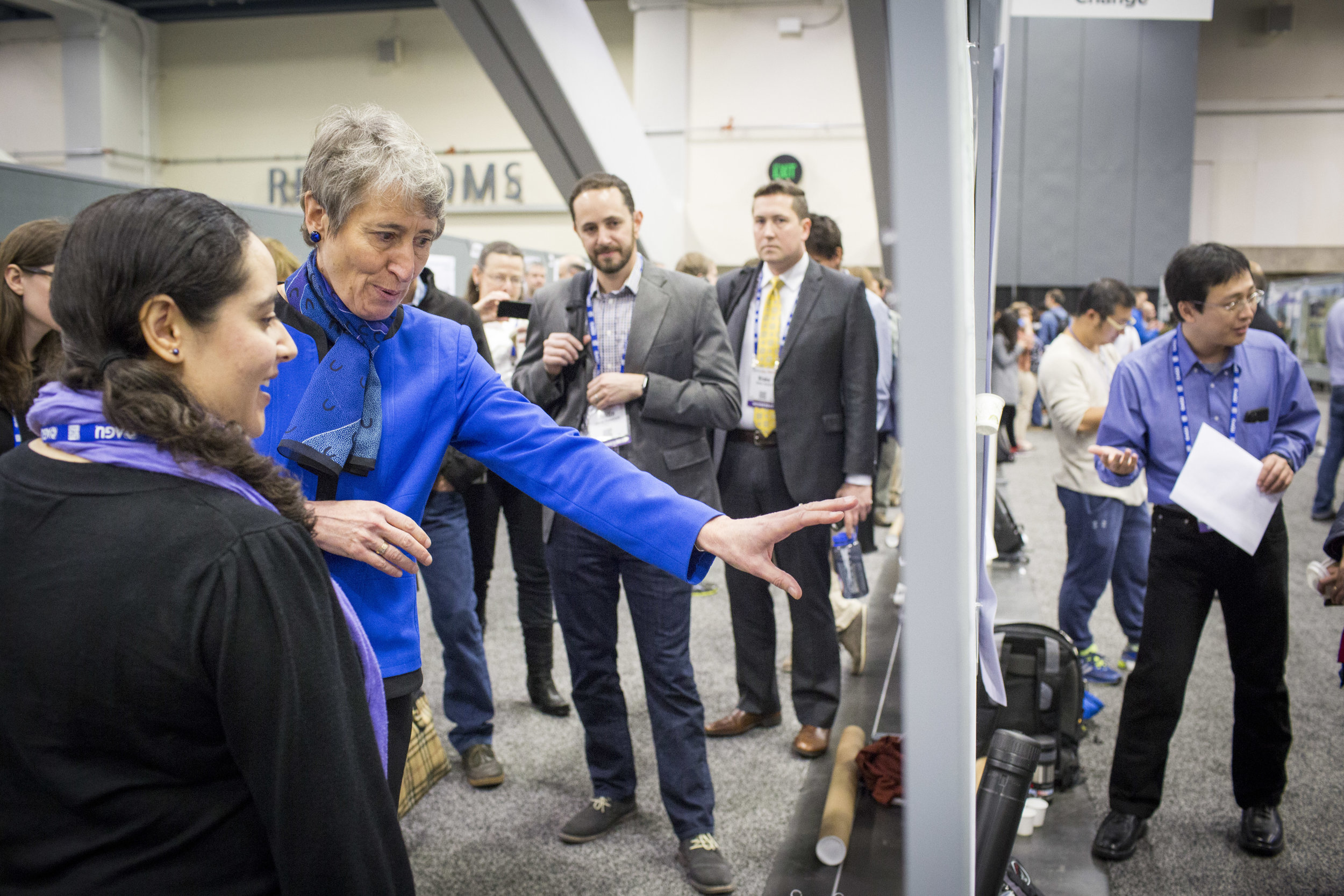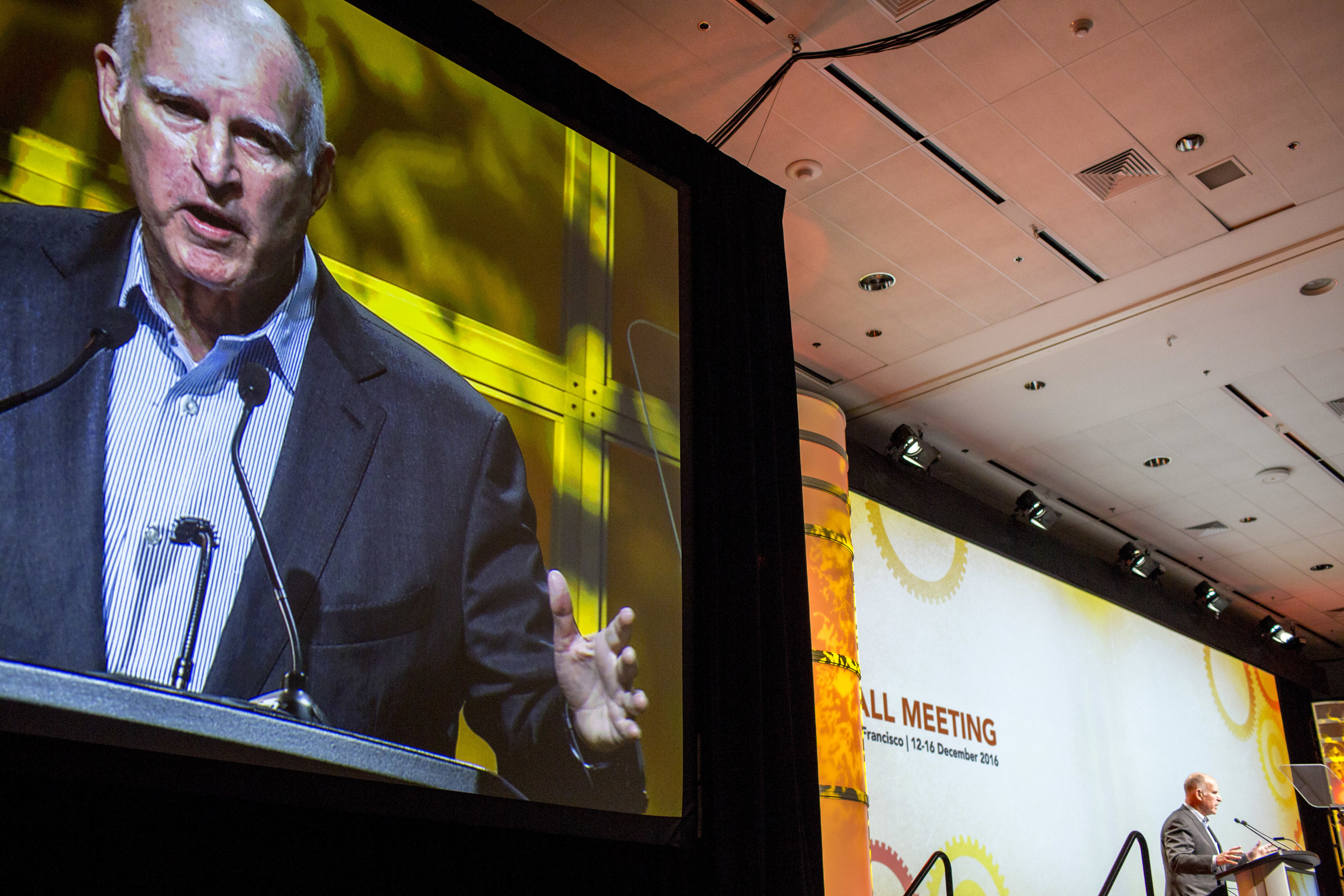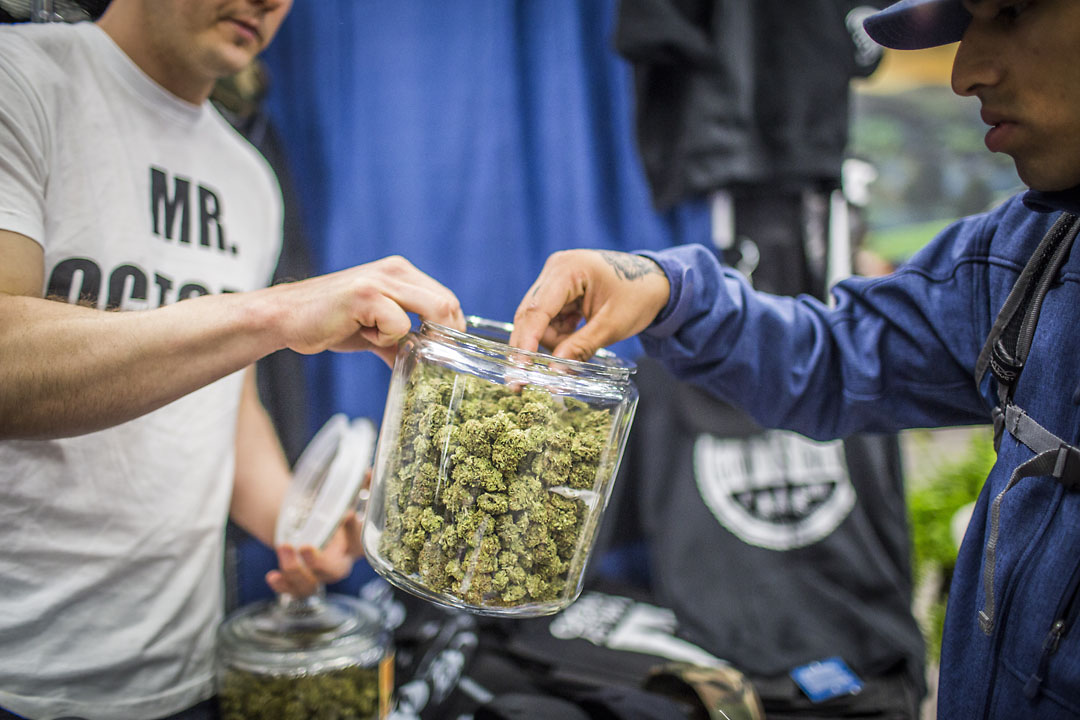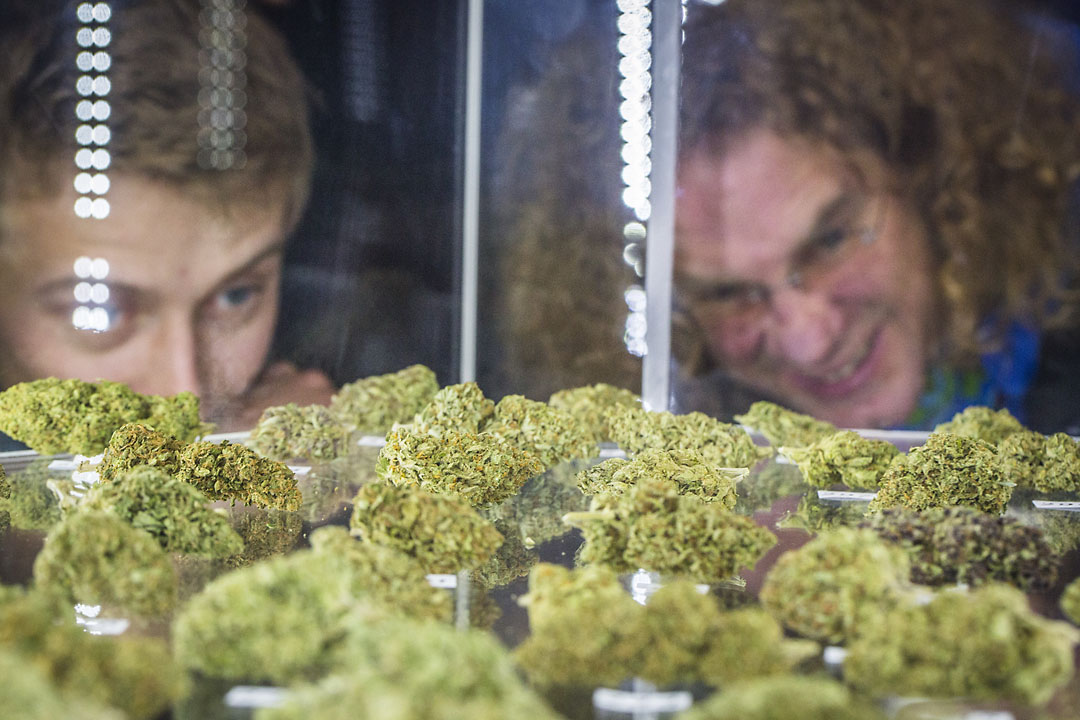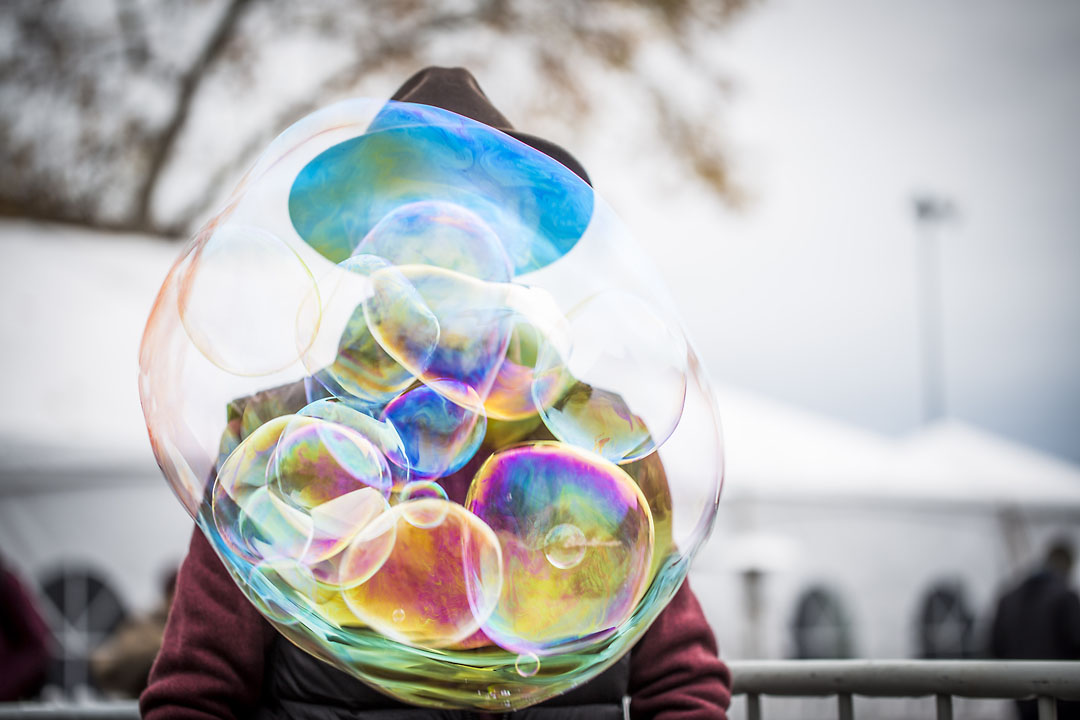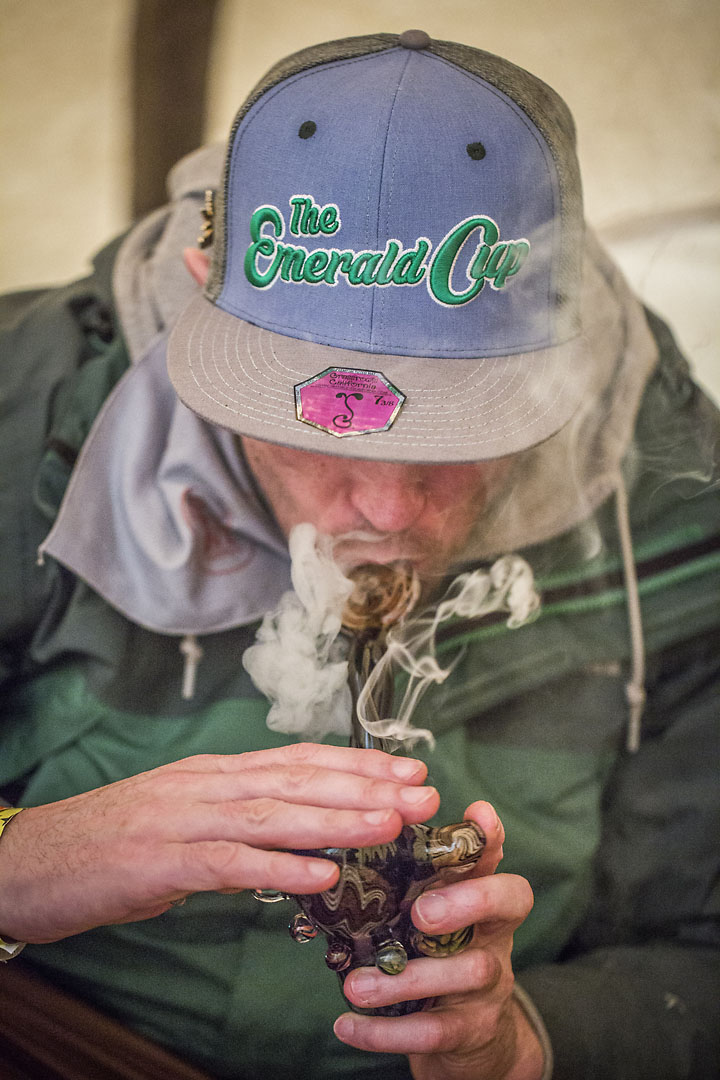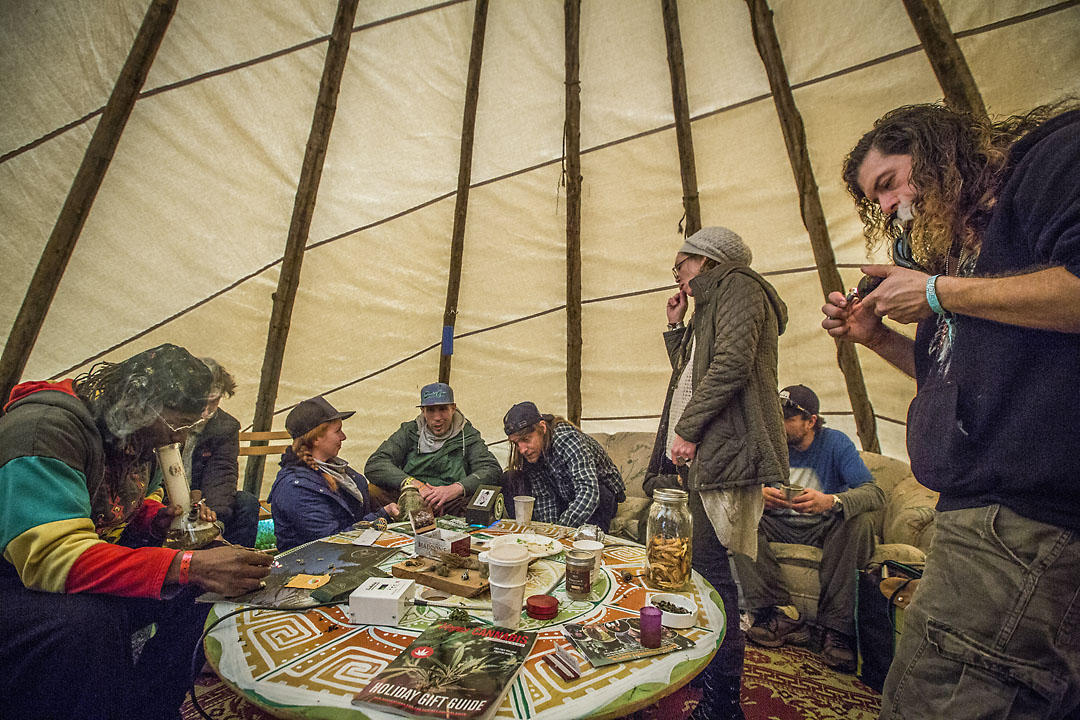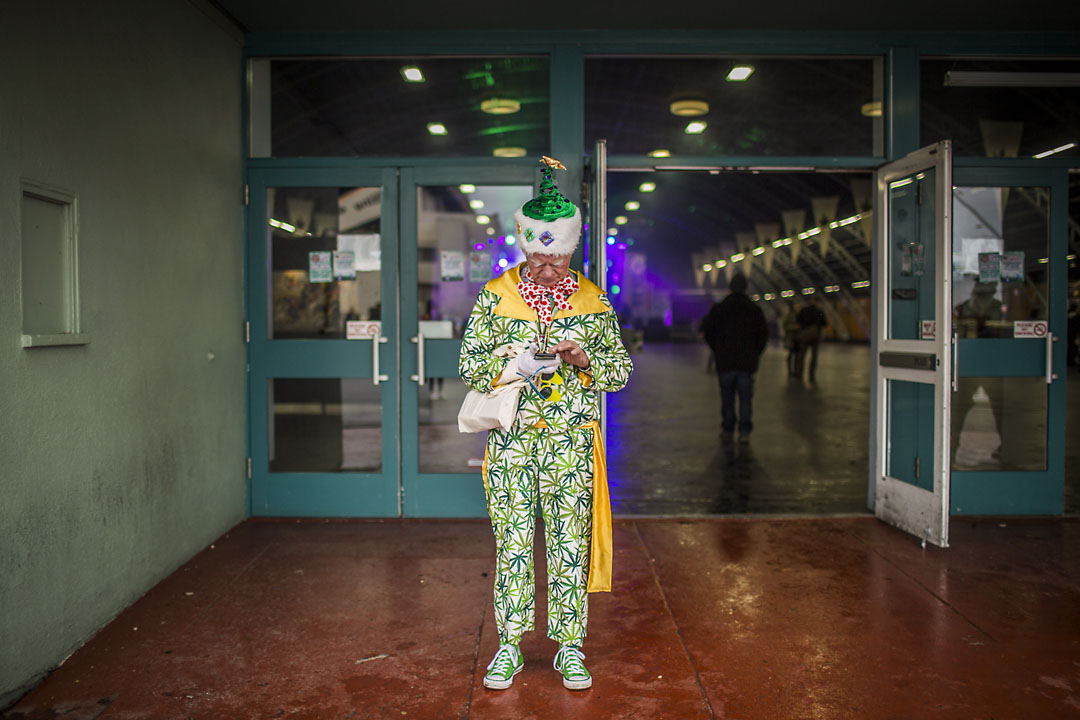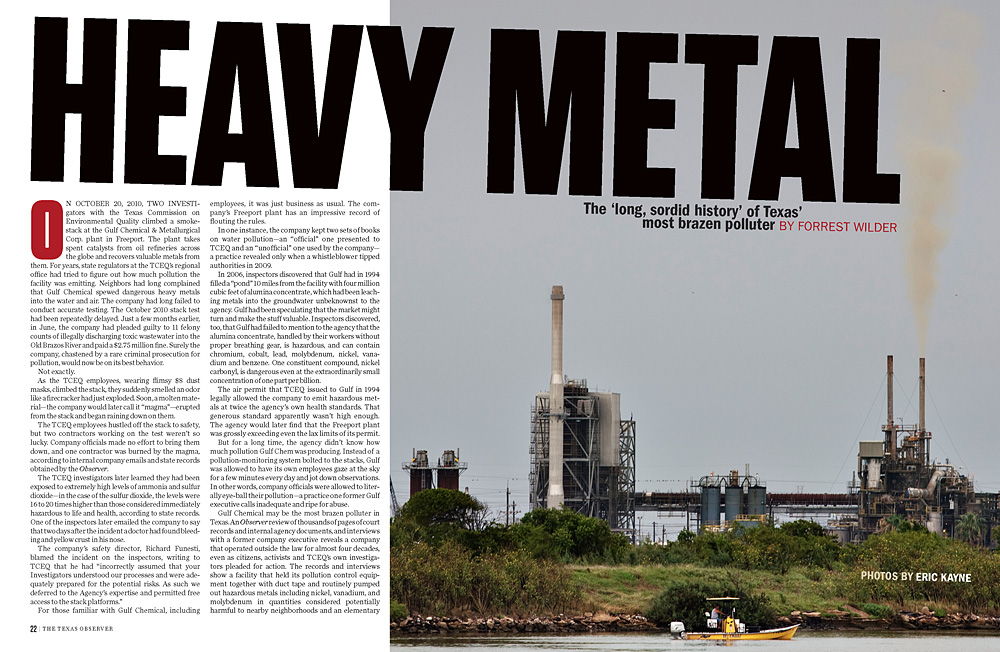Earlier this month, I was contacted by Kate Iltis of EmDash, the company contracted to design
The Texas Observer. I met Kate when she reviewed my portfolio at the
Texas Photo Round-up, my first gig that was a direct result of attending the gathering.
I was excited when she contacted me about doing a story in Freeport, Texas, where I had lived for a year as a staff photographer at the
local newspaper about ten years ago. The story was about Gulf Chemical, a poorly regulated chemical recycler that was found to have been dumping massive amounts of waste into local waters and the air, among other concerns. Kate really wanted smoke coming out of the stacks, but the company would only go full bore during the cover of night or during rainstorms. Freeport is an hour and ten minutes south of me. I left very early to try and catch smoke emitting from the stacks. However, when I got down there, there was no smoke to be seen. I made do with what was there and then decided to check out the shrimp boat docks that are about a mile away to photograph a shrimper that I knew was half-submerged in the Old Brazos River (I knew this because this same boat has been rotting away in the canal at least since I was a photographer at the local paper ten years ago). As I was working the half-sunken shrimp boat, I saw a yellow fishing boat heading in the opposite direction. I decided to track it and as I spun around, I saw a big plume of yellow, sulfurous smoke come out of one of the stacks. I started hammering away on the shutter, silently muttering prayers of thanks to the photo gods. According to writer
Forrest Wilder, "Those brief "puffs" are due to the "rapping" units at Gulf Chem. It's an inherent part of the system there and allowed by TCEQ. A former executive with the company explained it to me."
I've found environmental stories to be some of the most challenging assignments I've had to shoot. Pollution is rarely something that can been seen with the naked eye, so it was a nice surprise.
The only real moment of drama was something that I had halfway expected and something that I'm unfortunately used to from working as an editorial photographer in Houston for the past five years. Whenever I pull over to the side of the road on a public thoroughfare to photograph a chemical or oil refinery, a plant security guard almost always drives out to where I am, parks behind my car, writes down my license plate number, and asks me a lot of questions. Even though what I'm doing is perfectly legal, it's their job to make it as uncomfortable an experience as possible. This time, I did have someone park behind me while I was photographing the plant from a different angle from what's in the tearsheet. However, he never got out and engaged me. It was, after all, drizzling and the air was thick with mosquitos.
I've added a couple of out-takes in the end. One is of a 84 year-old barber who has been cutting hair in the same building since the mid-1950's. He was born next door. Despite being downwind from Gulf Chemical since it's inception, he is completely healthy and has no complaints. The guy repairing nets is Tom, who owns and operates Tom's Net Shop. He spends his days repairing nets used for shrimping. I found it amazing that his job hadn't been replaced by machines.[gallery link="file"]
